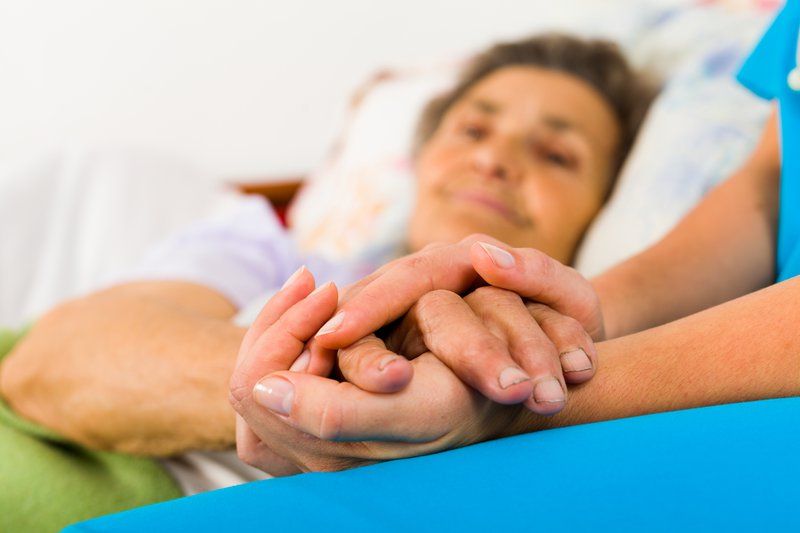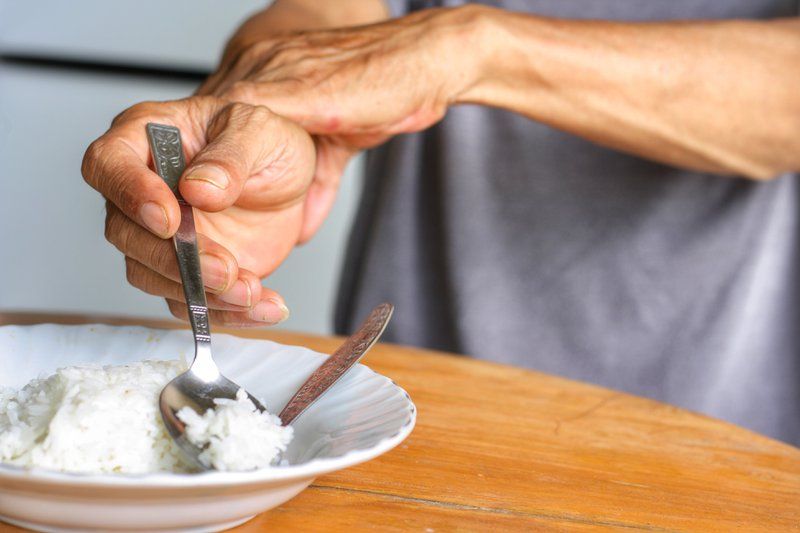
The prevalence of Parkinson’s disease in seniors is projected to increase significantly in the coming years, underscoring the critical need for holistic care solutions tailored to this demographic. A comprehensive and personalized approach is essential to addressing the diverse needs of seniors faced with the challenges of living with Parkinson’s disease. By examining the fundamental principles of holistic care and examining the role of alternative therapies and lifestyle adjustments, we can uncover how personalized, multi-faceted support can enhance the quality of life for seniors with Parkinson’s, setting a new standard for comprehensive care in the senior living industry.
Understanding Parkinson’s Disease and Seniors
Seniors living with Parkinson’s disease encounter a myriad of challenges that significantly impact their daily lives, well-being, and quality of life. These challenges encompass both motor and non-motor symptoms, presenting a complex landscape of care needs:

- Motor Symptoms: The hallmark motor symptoms of Parkinson’s disease, including tremors, bradykinesia, rigidity, and postural instability, can profoundly affect seniors’ mobility, coordination, and independence.
- Non-Motor Symptoms: Beyond the motor symptoms, seniors with Parkinson’s often contend with non-motor manifestations such as cognitive impairment, mood disorders, sleep disturbances, and autonomic dysfunctions, amplifying the intricacy of their care requirements.
The cumulative impact of these symptoms on seniors’ overall well-being underscores the critical importance of a holistic approach that addresses not only the physical aspects of the disease but also its multifaceted non-motor dimensions.
The Holistic Approach to Parkinson’s Care for Seniors
In addressing the complex needs of seniors with Parkinson’s disease, a holistic care model is indispensable, emphasizing a comprehensive approach that extends beyond traditional pharmacological interventions. Key components of this holistic framework include:
- Non-Pharmacological Interventions: Non-drug therapies such as physical therapy, occupational therapy, speech therapy, and music therapy play a pivotal role in enhancing seniors’ motor functions, communication abilities, and overall quality of life.
- Nutrition: Tailored dietary plans, rich in antioxidants and anti-inflammatory nutrients, can potentially mitigate certain symptoms of Parkinson’s disease and contribute to general well-being.
- Exercise: Regular physical activity, including aerobic exercise, strength training, and balance exercises, has been shown to alleviate motor symptoms and promote mobility, flexibility, and cardiovascular health in seniors with Parkinson’s.
- Mental Well-Being: Cognitive stimulation, mindfulness practices, and social engagement are integral to supporting seniors’ cognitive function, emotional wellness, and holistic health.
This holistic approach is designed to address the specific and diverse needs of seniors living with Parkinson’s disease, aiming to optimize their overall well-being and functional abilities.
Integrating Alternative Therapies and Lifestyle Adjustments
In Parkinson’s care, alternative therapies and lifestyle adjustments play a significant role in augmenting the overall support provided to seniors grappling with the complexities of the condition. Here are key considerations in this integrative approach:
- Acupuncture: Studies have revealed the potential of acupuncture in mitigating motor symptoms, alleviating pain, and improving the overall quality of life for individuals with Parkinson’s disease.
- Massage Therapy: Gentle and targeted massage techniques have shown promise in reducing muscle rigidity, improving circulation, and enhancing relaxation, contributing to enhanced mobility and comfort.
- Mindfulness Practices: Mindfulness-based interventions, including meditation and yoga, offer seniors with Parkinson’s disease valuable tools for stress reduction, emotional balance, and cultivating a sense of inner calm amidst the challenges they face.
- Lifestyle Adjustments: Encouraging a supportive living environment, adequate rest, and engaging in meaningful activities can significantly contribute to seniors’ well-being and sense of purpose, complementing other aspects of their care regimen.
The integration of these alternative therapies and lifestyle adjustments underscores the comprehensive and individualized nature of care required to effectively support seniors with Parkinson’s disease.
Personalized Holistic Care for Parkinson’s Seniors: Enhancing Quality of Life
The transformative potential of personalized, multi-faceted support in the realm of Parkinson’s care cannot be overstated, particularly in its impact on seniors’ overall well-being and quality of life. By tailoring care to the specific needs and preferences of each individual, holistic care approaches offer a profound avenue for enhancement:

- Individualized Care Plans: Customized care plans that integrate various holistic modalities enable seniors to receive support that is specifically tailored to their unique symptomatology, preferences, and goals.
- Emotional and Social Support: Addressing the emotional and social dimensions of care, including fostering meaningful social connections and emotional support, can significantly contribute to seniors’ emotional well-being and sense of belonging.
- Functional Independence: Holistic care models that focus on functional independence empower seniors to maintain autonomy, engage in activities they enjoy, and navigate daily life with confidence, thereby enhancing their overall quality of life.
The pivotal role of personalized holistic care in enhancing the well-being and quality of life for seniors with Parkinson’s underscores the imperative of embracing a comprehensive and individualized approach to care.
The integration of holistic care stands as a beacon of hope for revolutionizing the support and empowerment of seniors living with Parkinson’s disease, ushering in a new standard for comprehensive care in the senior living industry. By embracing an approach that addresses the multifaceted needs of individuals with Parkinson’s, from tailored non-pharmacological interventions to personalized emotional and social support, we have the opportunity to redefine the landscape of care for seniors.
This holistic paradigm not only emphasizes enhancing physical well-being but also places significant emphasis on promoting emotional resilience, functional independence, and overall quality of life. As we look to the future, the question remains: How can we fully integrate holistic care principles into the fabric of senior living communities, ensuring that every individual’s journey with Parkinson’s is met with compassion, dignity, and transformative support? Visit us for more information.
Assured Senior Living is here to give your loved ones the care and attention they deserve. Call (303) 814-2688.
Contact us today, or download our free Family Decision Toolkit guide for more information.


